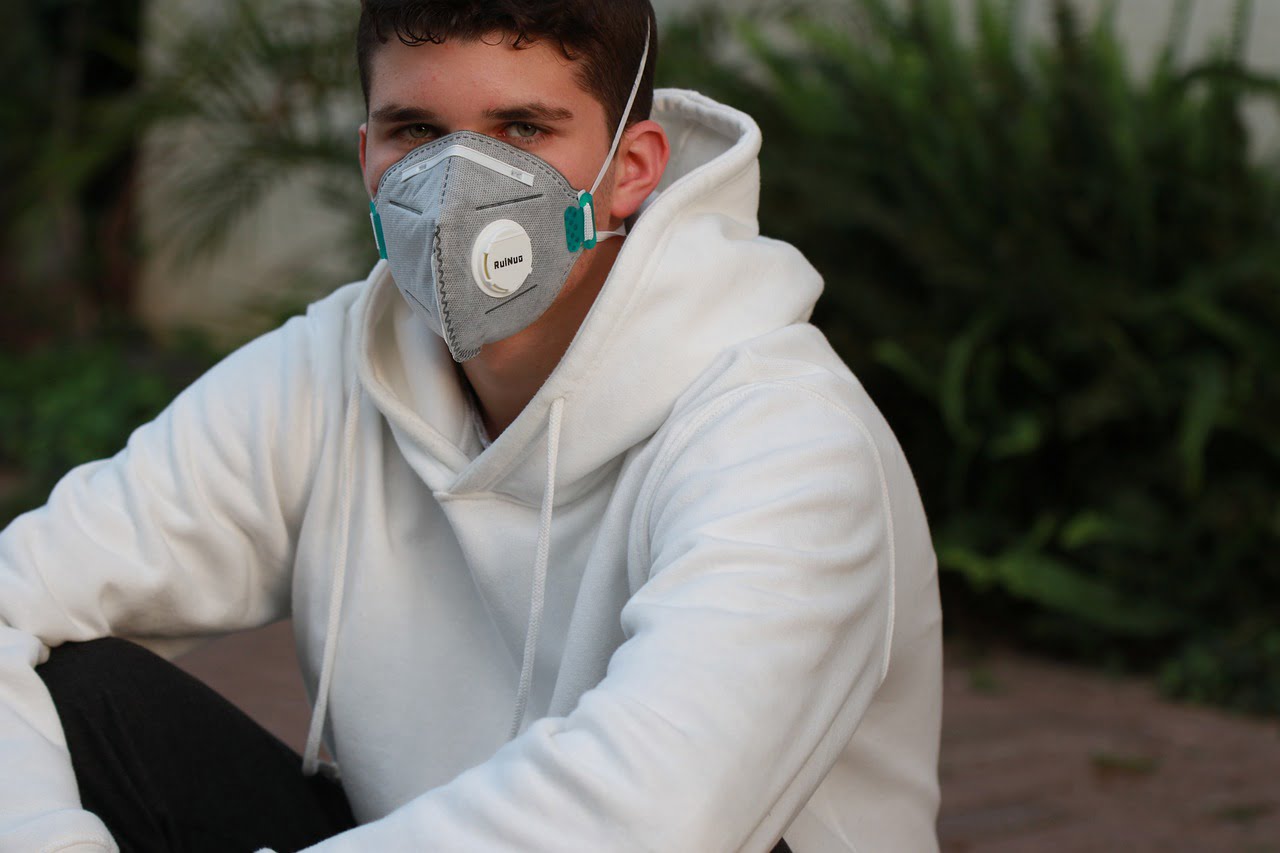The Covid-19 pandemic has proven that healthcare systems are likely to be placed under increasing pressure in the future. Healthcare systems around the world should prioritise international public private partnerships (PPPs) to improve capacity and standards, particularly following the positive impact PPPs of the kind pioneered by BGI Group have had in tackling Covid-19
Q4 2021 hedge fund letters, conferences and more
In March 2020, Covid-19 infections were accelerating, and European states were establishing national lockdowns one by one. As international travel ground to a halt and nations around the world increasingly looked inward, China was rapidly scaling up its outreach to countries where it already had ties.
On 21st March, a cargo train packed with approximately 800 protective suits and over 100,000 medical masks departed from Yiwu West station in the east of China. It was one of many freight trains to leave the depot carrying lifesaving supplies in the months that followed, plying their way across Eurasia, following the path of the ancient Silk Road.
Even before the pandemic, global healthcare cooperation had been a key component of China’s Belt and Road Initiative (BRI). But in the last two years, the so-called ‘Health Silk Road’ has taken on new meaning.
As The Pandemic Accelerated, China Increased Its International Engagement
China significantly scaled up its medical assistance in various forms as the pandemic accelerated, with the leadership in Beijing promising a slew of measures to help the global community meet and overcome the Covid-19 crisis. These measures included the provision of $2 billion in pandemic assistance over two years and the establishment of a global humanitarian response depot and hub in China to ensure the efficient operation of anti-epidemic supply chains.
Indeed, as the global outlook was growing increasingly concerning, BGI Group, one of the world’s leading genomics companies, stepped in to address shortfalls in the world’s Covid-19 testing capacity. Partnering with countries across the Americas, Europe, the Middle East, Africa and Asia, the company began exporting state-of-the-art Huo-Yan testing laboratories.
BGI’s initiative highlights a fundamental concept applied by the architects of China’s Health Silk Road; that by recognising a ‘community of common destiny for mankind,’ international public-private partnerships (PPPs) can serve as the mechanism to meet global health challenges.
By sending Huo-Yan labs to countries as diverse as Brunei, Ethiopia, and Saudi Arabia, BGI proved the effectiveness of this concept, allowing nations to dramatically increase their testing capacity and begin the fight back against Covid-19 faster. This is in part a result of the Huo-Yan lab design. Easily transported by air, sea, or rail, and quickly constructed, the Huo-Yan lab concept has helped countries around the world deploy and implement high-throughput, rapid in-country Covid-19 diagnostic solutions.
‘We are committed in bringing rapid, accurate testing capabilities on a massive scale to bolster detection efforts throughout the United States and globally in order to fight the spread of this disease,’ explains Yin Ye, Ph.D., Chief Executive Officer and Executive Director of BGI Group.
Applying Advanced Technology To Meet Global Challenges
BGI has not only focused on helping partner countries to expand their virus detection capacity but has also applied its advanced technology to enable the monitoring of viral mutations – a critical component in the world’s pandemic strategy. In fact, as early as March 2020, BGI was collaborating with Sweden’s Karolinska Institutet to build a Stockholm multi-omics testing laboratory.
With a capacity to test between 10,000 – 20,000 single samples a day, Sweden was able to leverage the Stockholm laboratory and enable a programme of mass sample detection – gaining valuable time and insight as it fought the pandemic.
By harnessing the best practice approaches and technical expertise governments and private-sector organisations can offer, PPPs represent a collaborative and innovative model to meet the challenges neither government nor the private sector could adequately tackle alone. PPPs, by leveraging the strengths of the public and private sectors, can increase the capacity of national healthcare systems and improve healthcare outcomes.
Looking To The Future
As the global community begins the recovery and looks beyond the pandemic, it is essential that we implement the lessons we have learned since early 2020. We must appreciate that healthcare is at its most effective when the benefits of public and private partners are leveraged to their full potential. Only then will we be positioned to manage the next crisis effectively.
The Covid-19 pandemic has proven that healthcare systems are likely to be placed under increasing pressure in the future. Aging populations, drug-resistant infections, and rising health costs driven by the expanding complexity of systems – each of these factors is likely to affect our ability to deliver effective care. Improving healthcare outcomes will be a challenge, but it need not prove an insurmountable goal. The pursuit of effective partnerships between the public and private sectors will form a key component of our future healthcare arsenal.
PPPs have already come of age and will continue to play an essential role in our efforts to improve healthcare delivery. The pandemic simply served to underline this fact.
About the Author
Saeed Khan is Director of Global Studies at Wayne State University in Detroit, Michigan (USA).






